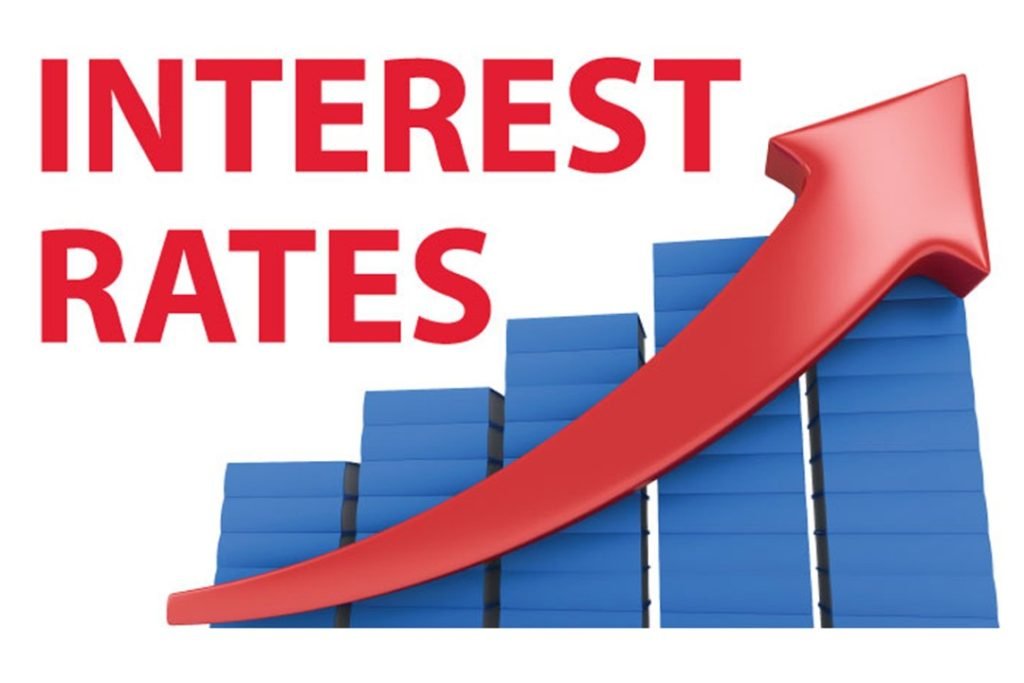
The Chairman of the Bank Directors Association of Nigeria, Mustafa Chike-Obi, has said that the Central Bank of Nigeria (CBN)’s decision to increase interest rates in the past through Monetary Policy Committee (MPC) meetings will severely harm the real economy, leading to limited economic growth and increased unemployment rates.
He said this during an interview on the Gist Nigeria programme aired on Channels TV, where he commended the apex bank for its efforts in taming inflation but warned that they would come at a cost.
According to him, the objectives of the MPR hikes are laudable in terms of supporting the naira and combating inflation but they come at a cost on the real economy.
In his words, “The CBN says they are doing that because they want to support the naira and fight inflation – laudable goals. But they come at a cost, the cost of doing those two things is that you are going to have your growth severely limited, you are going to have unemployment rise and companies closed.”
Furthermore, Chike-Obi noted that the MPR hike will shrink the banking business in the future by reducing the number of people and businesses that can take credit facilities. Such declines in business activities, he said, will be compounded by the need to raise capital to meet the CBN’s new capital requirements.
He also noted that the CBN’s recapitalisation plan would be difficult for banks to execute, noting that investing in banks comes with risks compared to other options like treasury bills.
The CBN, in the first quarter of 2024, has increased interest rates by 600 basis points over two monetary policy committee meetings in February and March from 18.75% to 24.75%. The apex bank noted that the aim of the MPR hike was to rein in inflation, strengthen the naira and stabilise the foreign exchange market.
While the policy has recorded a significant success in the forex market in the past few weeks occasioned by the appreciation of the naira, that cannot be said for inflation.
The country’s inflation rate rose to a 27-yr high in February at 31.7% mostly propelled by the catalysts- food and transport prices.
Private sector players have expressed worry over the impact of the interest rate increase on the overall economy, particularly in relation to fostering growth. Nonetheless, the Governor of the CBN has reassured them, indicating that the current rise in MPR will not be long drawn.
He mentioned that if there are positive changes in inflation and exchange rates, a reduction in the rate might be considered.






